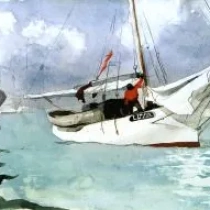 1836 - 1910
realism
1836 - 1910
realism
Description Winslow Homer
Winslow Homer, born in 1836 in Boston, ventured beyond the conventional to become an American artistic luminary, capturing the spirit of his nation during a transformative era. His trajectory unfolded against the backdrop of the Civil War, the Gilded Age, and the burgeoning American identity.
Homer began his career as an illustrator, contributing to popular publications of the time. His sketches during the Civil War, published in Harper's Weekly, earned him acclaim for their poignant depiction of soldiers' lives. This early experience honed his ability to convey the human experience with both authenticity and empathy.
Post-war, Homer transitioned to oil painting, capturing the changing landscape of America. His masterful seascapes, like "Breezing Up" and "The Gulf Stream," reflected a deep affinity for the elemental forces of nature and the resilience of the human spirit.
Homer's sojourns to coastal locations, particularly in Maine, became pivotal. His connection with the rugged beauty of the sea, exemplified in works like "Weatherbeaten" and "Eight Bells," showcased a profound understanding of the relationship between humanity and the untamed elements.
His artistic journey also took him to the Adirondacks, where he delved into themes of solitude and introspection. "The Trapper" and "Adirondack Woodsman" revealed his ability to capture the quietude of nature and the self-reliance inherent in the American character.
In the latter part of his career, Homer's fascination with the human figure persisted. Works like "The Herring Net" and "Snap the Whip" encapsulated scenes of labor and leisure, reflecting the dynamism of American life.
Homer's art wasn't confined to canvas; he also became a pioneering watercolorist. His depictions of coastal life in watercolor, marked by spontaneity and freshness, showcased his ability to adapt and innovate.
Homer's oeuvre defied easy categorization. His departure from urban scenes and embrace of the elemental and the everyday marked a departure from prevailing artistic trends. Homer's works resonated with a burgeoning American nationalism, encapsulating the spirit of a nation coming into its own.
Winslow Homer passed away in 1910, leaving a legacy that transcends artistic conventions. His ability to evoke the essence of American life, from the tempestuous seas to the tranquil woods, solidified his place as a chronicler of the American experience. Homer's canvases, marked by their emotional resonance and thematic diversity, continue to invite viewers into a visual narrative of a nation in transformation.
Gallery
Paintings Winslow Homer
Quotes
The life that I have chosen gives me my full hours of enjoyment for the balance of my life. The sun will not rise, or set, without my notice and thanks.
I paint as I see it, as I feel it, and I hope others see and feel it the same way.
Every artist dips his brush in his own soul and paints his own nature into his pictures.
I prefer every time a picture composed and painted outdoors. The thing is done without your knowing it.
The people who will receive the greatest benefit from modern illustration will be those who can separate the technique of the pictorial work of art from the language of its expression.
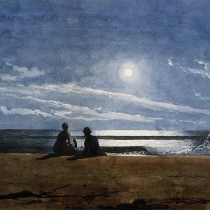
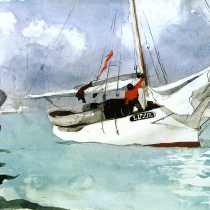
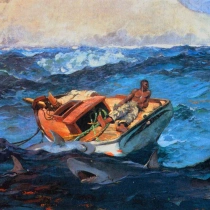
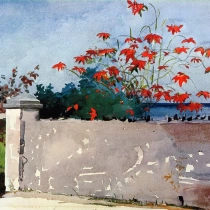
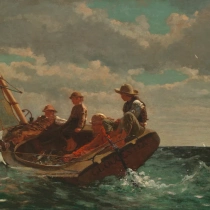
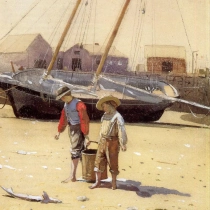
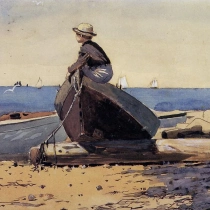
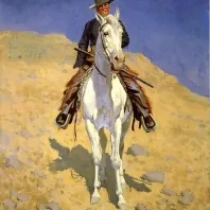
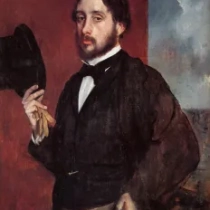
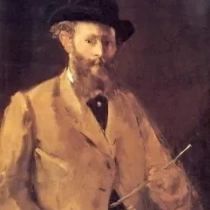
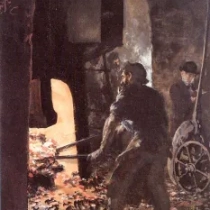
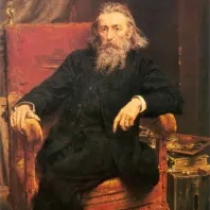

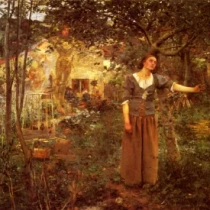
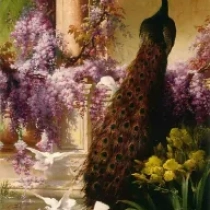
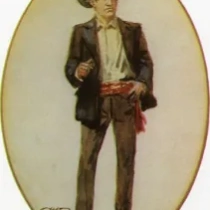
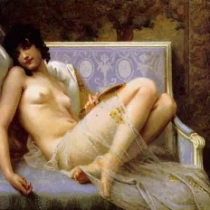


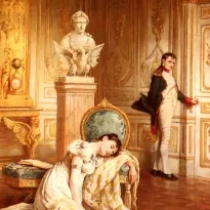
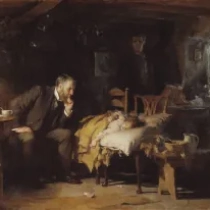

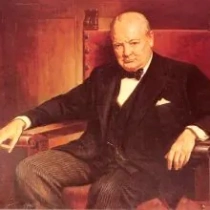
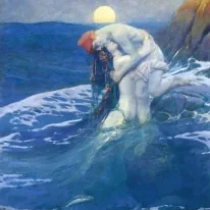

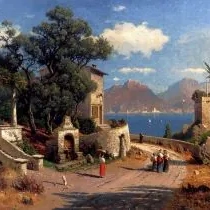
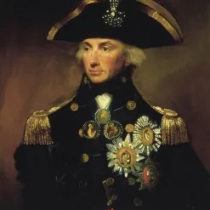
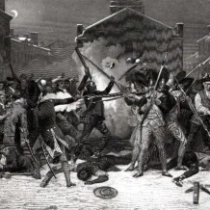
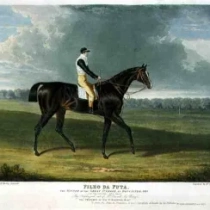
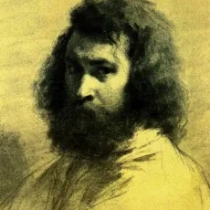
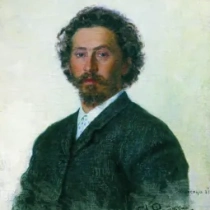
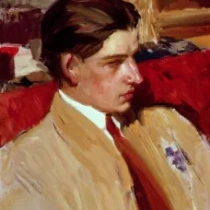

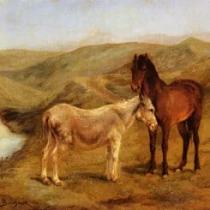
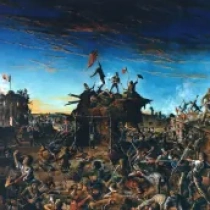
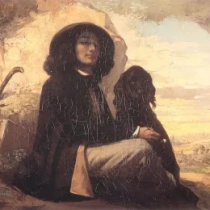
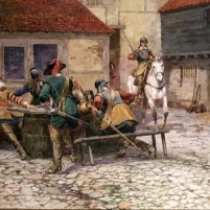
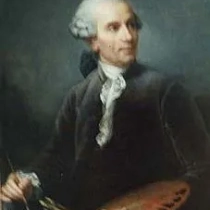
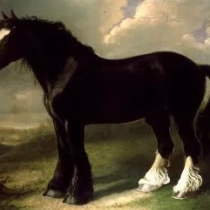

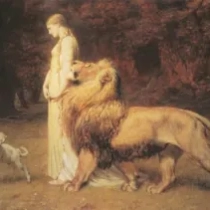

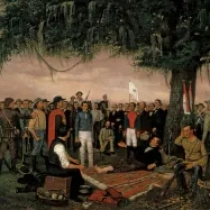
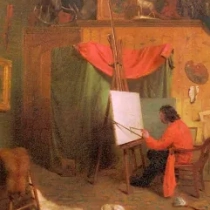
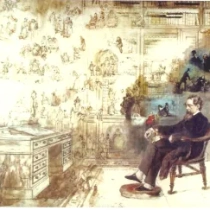
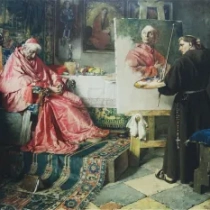
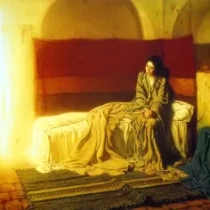
No Comments Yet...